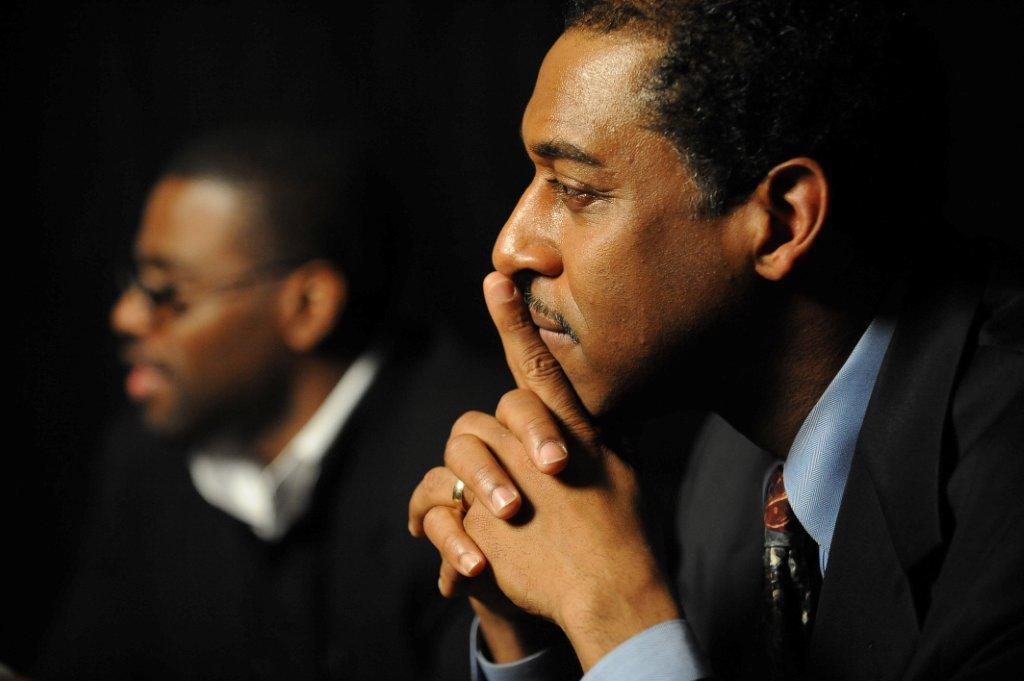This is part one of a two-part series. Find part two here.
I’ve long enjoyed music critic Greg Thomas’s insightful posts on Integral Life, where he writes about jazz.
Not that I like jazz music. Truth is, I’ve always found jazz to be annoying. I can’t tap my foot to it. I can’t sing it in the shower. Like a lot of artforms, when we don’t understand them, jazz has shown up to me as noise.
Of course like all good integral practitioners, I want to turn toward the object of my annoyance. I know it’s not the fault of jazz that I don’t get it. Millions of people are ecstatic over it, and I want to have what they’re having. So I was thrilled when Greg came to one of my programs at the Integral Center last summer, and I invited him to stay with me. During downtimes we had some great one-on-ones where Greg did his best to initiate me into the jazz idiom. He explained how jazz expresses American culture. He told stories of various artists and songs. He played some of his favorite pieces and schooled me in what was going on. He turned out to be just the teacher I was looking for, and I began to get the beat.
Greg’s mastery is obvious, and he is indeed one of the nation’s leading experts on jazz. For several years Greg was a jazz columnist for the New York Daily News. He’s a consultant with the National Jazz Museum in Harlem and with Jazz at Lincoln Center, the largest organization in the world dedicated to the preservation and perpetuation of jazz.
As we see with integral theory, art is often the leading edge of cultural and consciousness evolution, and jazz today continues to lead the way. In this two-part series, “The soul of jazz”, Greg takes us through the history of jazz from its roots in the magic, mythic and traditional interiors of African Americans at the turn of the last century, through the modern and postmodern strains of the mid and late 20th Century, to the more wild wooly contemporary scene. He points out the evolutionarily potent and ultimately integral qualities jazz conveys as it confronts enduring human polarities such as the individual vs the group, tragedy vs comedy, competition vs cooperation, and structure vs freedom.
Check out this page to hear the songs that Greg and Jeff discuss in this part of the podcast in their entirety.
 Send your questions and comments for the show to [email protected]. Record a voice memo on your smartphone or use the Speakpipe button to the right.
Send your questions and comments for the show to [email protected]. Record a voice memo on your smartphone or use the Speakpipe button to the right.
Podcast: Download
Subscribe: Google Podcasts | RSS







